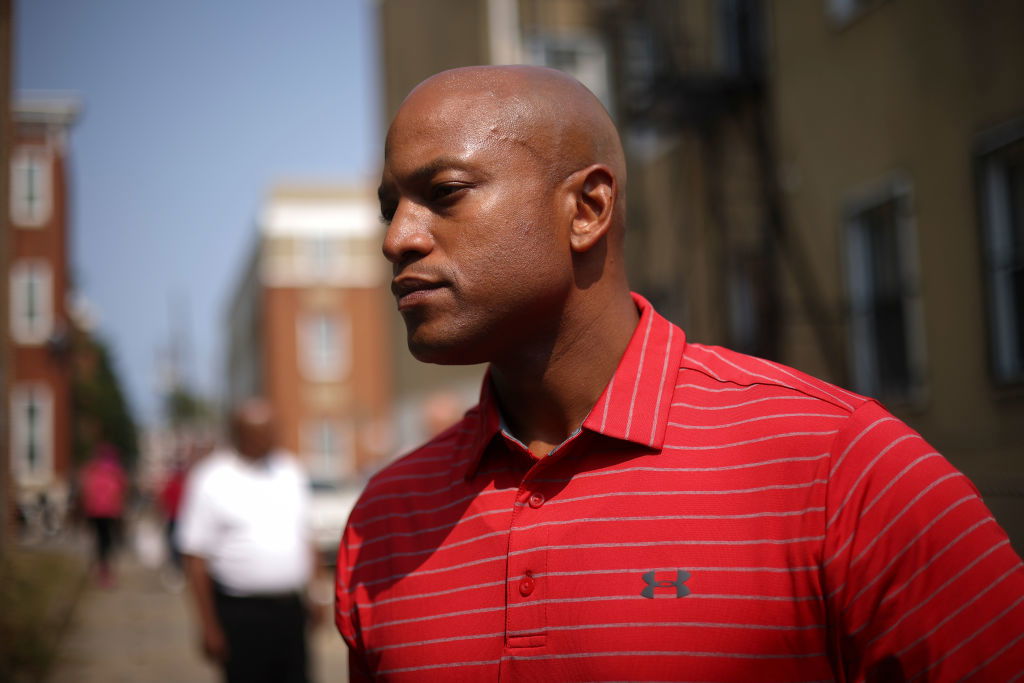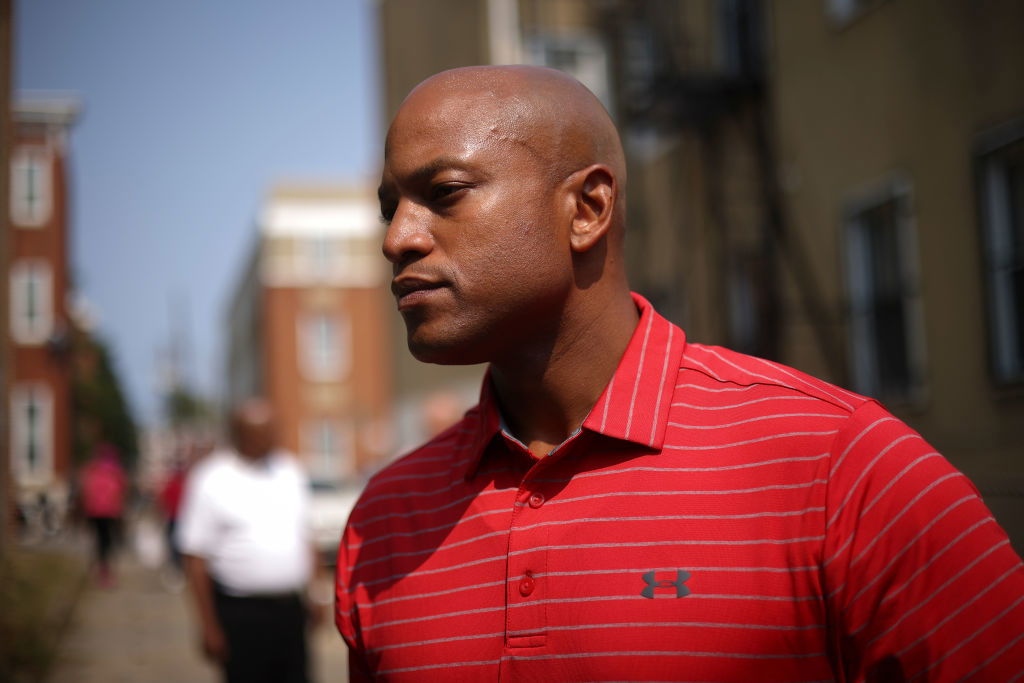
May 25, 2025
The response to Moore’s veto of the bill also stirred up civil rights groups, like the National Black Justice Collective.
Following Maryland Gov. Wes Moore’s veto of a bill that would have established a commission to study reparations, legislators in Maryland’s Black Caucus are still sure that they have the necessary votes to overturn Moore’s veto that made national news and stirred up more conversations about reparations.
According to Maryland Matters, the bill would have created a commission to study federal, state, and local policies from 1877 until 1965, and both the post-Reconstruction era and Jim Crow eras which “led to economic disparities based on race, including housing, segregation and discrimination, redlining, restrictive covenants, and tax policies.”
Delegate Aletheia McCaskill (D-Baltimore County), who was instrumental in helping to pass both the Senate and House versions of the bill, told the outlet that the goal for the bill is still to have it become a law regardless of the governor’s veto.
“We’re not done in getting this bill into a law. That is the ultimately goal, no matter what hurdles are in front of us,” McCaskill said.
Although McCaskill certainly seems confident in the chances of the bill becoming law, legislators in other states worry that if Maryland—which has Black people in power in key positions–is struggling to pass a bill establishing a reparations commission, their states which don’t have that luxury will likely suffer setbacks.
“Gov. Moore needs to realize that he’s not only impacting Maryland, but he’s impacting South Carolina and many other states with the veto,” Rep. John King (D-SC) told Maryland Matters.
King, who called on the South Carolina Democratic Party to cancel an invitation it extended to Gov. Moore, also explained that move, telling the outlet, “I will still support [the] governor, if he decided to run for president,” however, he maintained that in light of the reparations veto, despite there being no similar legislation in the works in his state, “I don’t think the timing is right for him to come to South Carolina.”
As WBAL reported, Baltimore mayor Brandon Scott, also a Democrat, voiced his support for federal reparations shortly after Moore’s veto, and while he did not want to speak for the Speaker and the Senate president, he did speak to the historical record of the lasting impact of slavery on Black Americans.
“Whether the speaker and the Senate president go for override, that’s up for them to determine, not for me. I’ve never done that, even for a bill of mine that was vetoed in the past. I won’t do that to them. But what I will say is that this country has to acknowledge that the impacts of slavery still are present today, and for me, I think that conversation should be had at the federal level,” Scott said.
The response to Moore’s veto of the bill has also stirred up civil rights groups, like the National Black Justice Collective and its CEO and Executive Director Dr. David Johns who issued a statement expressing his disappointment with the veto.
“Governor Wes Moore’s veto of Maryland’s reparations bill is not only deeply disappointing — it is a painful rejection of the very communities that helped make his historic election possible,” Dr. Johns said. “As the first Black governor of Maryland, Gov. Moore had an opportunity to lead with moral clarity, political courage, and historical awareness. Instead, his decision represents a dangerous step backward in the long and necessary march toward racial justice.”
Dr. Johns continued, framing the veto as “more than an abandonment — it’s a betrayal of generational efforts to pursue truth, healing, and repair.” Before continuing his explanation, “Black Marylanders deserve more than platitudes about ‘action’ while the very process required to define what justice looks like is being blocked. This isn’t just about another study. This is about honoring lived experiences, understanding harm, and crafting a path forward rooted in community input and historical accountability.”
RELATED CONTENT: Maryland Gov. Wes Moore Vetoes Reparations Bill, Igniting Debates





